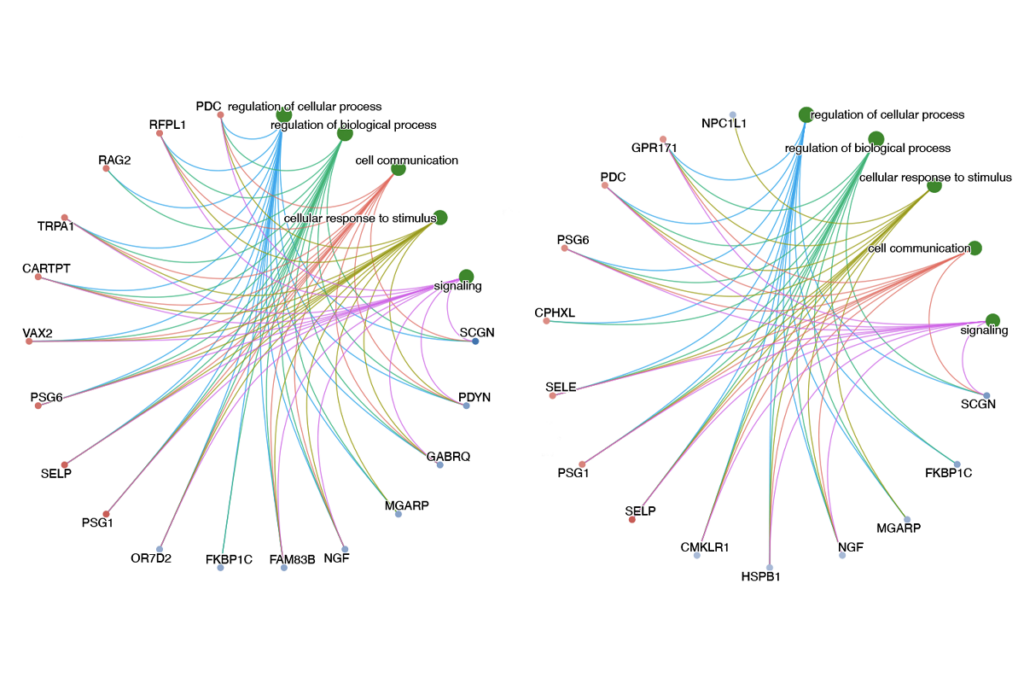To catch a thief
A high-profile autism researcher has been indicted for stealing more than $1 million in autism research money.
At a time when government funding of autism research is in serious jeopardy, it’s disturbing to hear that a high-profile researcher has taken off with some of it.
This time last year, Poul Thorsen, a Danish epidemiologist, reportedly disappeared after embezzling some $1 million of a research grant he had received from the Centers for Disease Control and Prevention (CDC). Now a grand jury has indicted Thorsen on 13 counts of wire fraud and 9 counts of money laundering, according to the Atlanta Business Chronicle, which broke the story on 13 April.
Thorsen has led some of the most widely cited studies on autism epidemiology. Using meticulous records kept by Scandinavian national registries, he and his collaborators have shown, for example, that maternal infection during pregnancy ups the risk of autism for the fetus and, most famously, that vaccines do not cause autism.
According to court documents, since 2000 the CDC has awarded more than $11 million to two Danish agencies. Between 2004 and 2008, Thorsen, principal investigator of the study, allegedly began submitting phony expense reports — complete with fraudulent signatures of CDC officials.
Aarhus University, which oversaw the grant, sent hundreds of thousands of dollars to various bank accounts in Atlanta that they believed were operated by the CDC. Instead, according to his prosecutors, they were Thorsen’s personal accounts. He allegedly withdrew the money to buy a house in Atlanta, two vehicles and a Harley-Davidson motorcycle.
Thorsen still seems to be missing, but the U.S. Attorney’s office has asked that he be extradited from Denmark so that he can face these charges. If and when authorities find him, he could face up to 20 years in prison for each count of wire fraud, and 10 years for each charge of money laundering.
Recommended reading

PTEN problems underscore autism connection to excess brain fluid

Autism traits, mental health conditions interact in sex-dependent ways in early development

New tool may help untangle downstream effects of autism-linked genes
Explore more from The Transmitter

Newly awarded NIH grants for neuroscience lag 77 percent behind previous nine-year average

